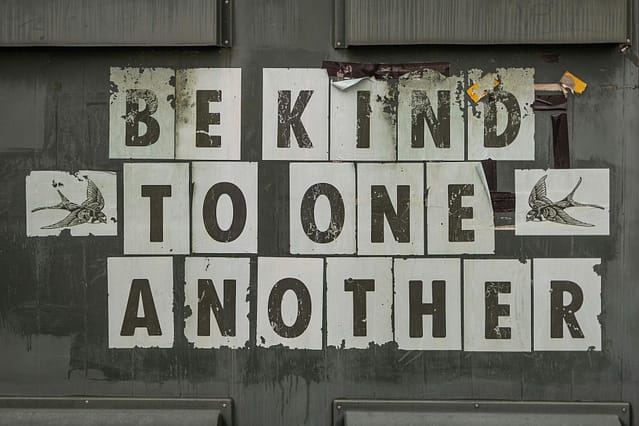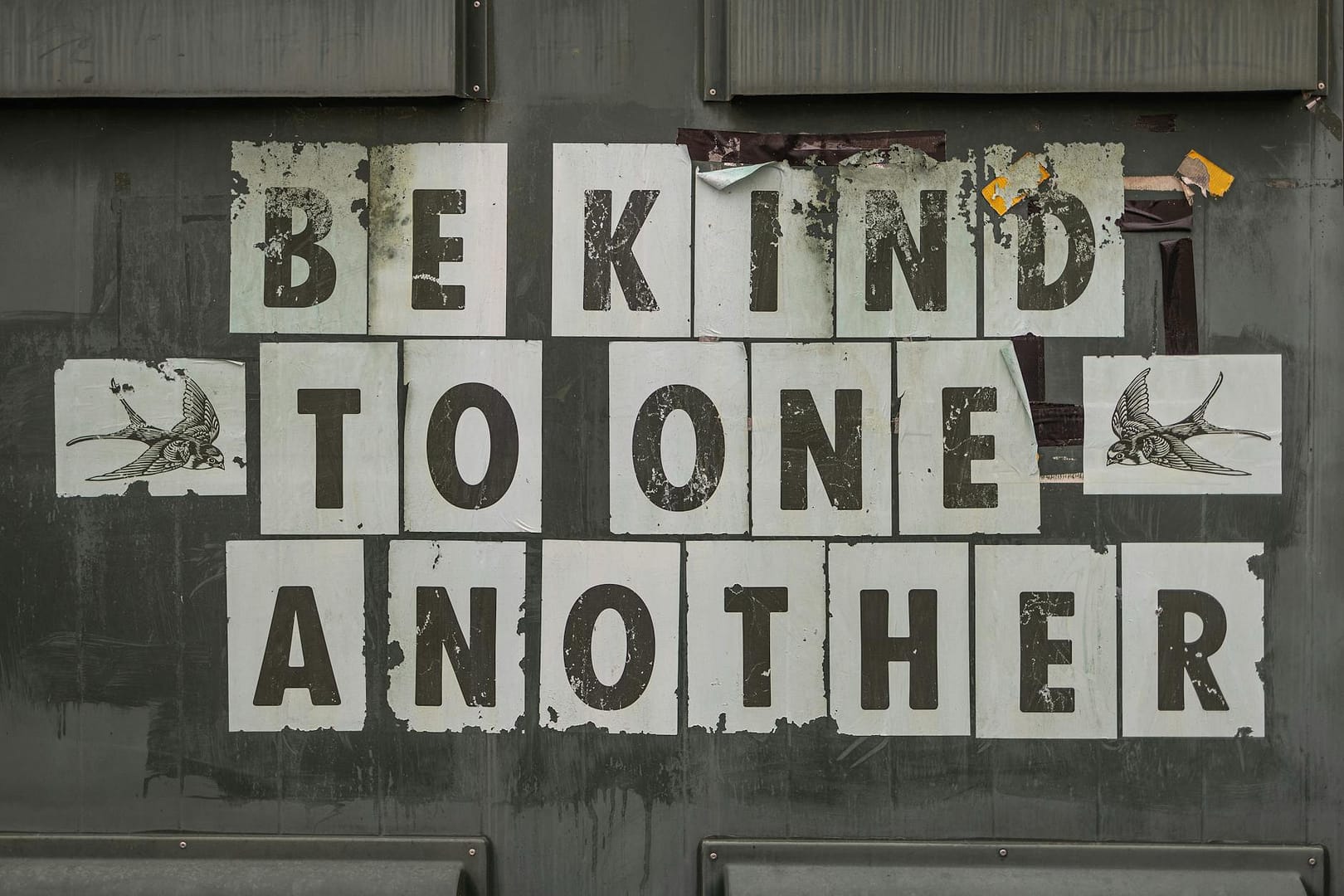We throw around the word “compassion” a lot these days. But what does it actually look like in practice? And why does it sometimes feel so hard to access when we need it most?
The Illusion of Separation
Here’s something that might surprise you: the boundaries we see between ourselves and others aren’t as solid as they appear. True compassion starts with recognizing this deep connectedness we all share. When we begin to see past the surface differences, something profound shifts.
You don’t have to grasp this concept completely right away. Like any meaningful practice, compassion develops over time. Start where you are, and trust that understanding will deepen as you go.
Small Acts, Big Impact
We actually practice compassion more than we realize. When your partner snaps at you after a rough day, or when someone cuts you off in traffic, you have a choice. You can react with anger, or you can pause and remember what it feels like to be stressed, overwhelmed, or running late.
These small moments of understanding matter. Each time we choose empathy over irritation, we’re building our compassion muscles.
When It Gets Really Hard
But what about those situations where understanding feels impossible? When someone’s actions seem so far from what we’d ever do that we can’t find any common ground?
This is where compassion gets interesting—and challenging.
These difficult moments are actually invitations. They’re asking us to look deeper, not just at the other person, but at ourselves. What parts of our own nature do we refuse to acknowledge? What aspects of being human have we pushed into the shadows because they make us uncomfortable?
The person who triggers us most might be reflecting something we need to see about ourselves.
The Growth Happens in the Struggle
This inner work isn’t easy. Looking at our own capacity for irritation, selfishness, or judgment can be uncomfortable. But here’s the thing: when life presents you with a situation that demands compassion, you’re ready for it—even if it doesn’t feel that way.
Every challenge to your compassion is also an opportunity to expand it. The light you’ve cultivated through smaller acts of kindness becomes the foundation for handling bigger tests.
Moving Forward
Compassion isn’t about being perfect or understanding everything immediately. It’s about staying open, staying curious, and trusting that connection is possible even when it’s not obvious.
The next time you feel that familiar resistance to someone’s behavior, try asking: “What might I not be seeing here?” The answer might surprise you—and it might just transform you from the inside out.




